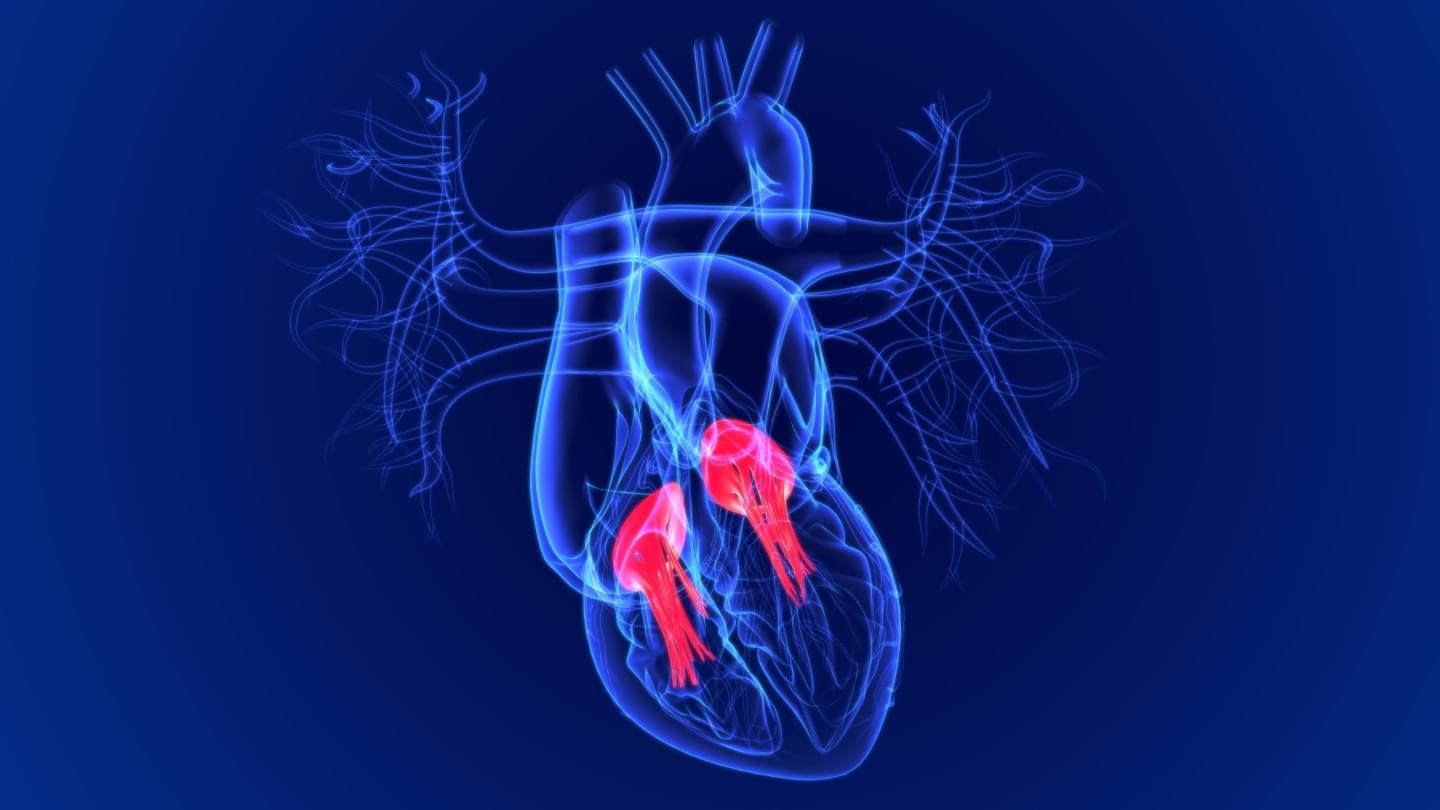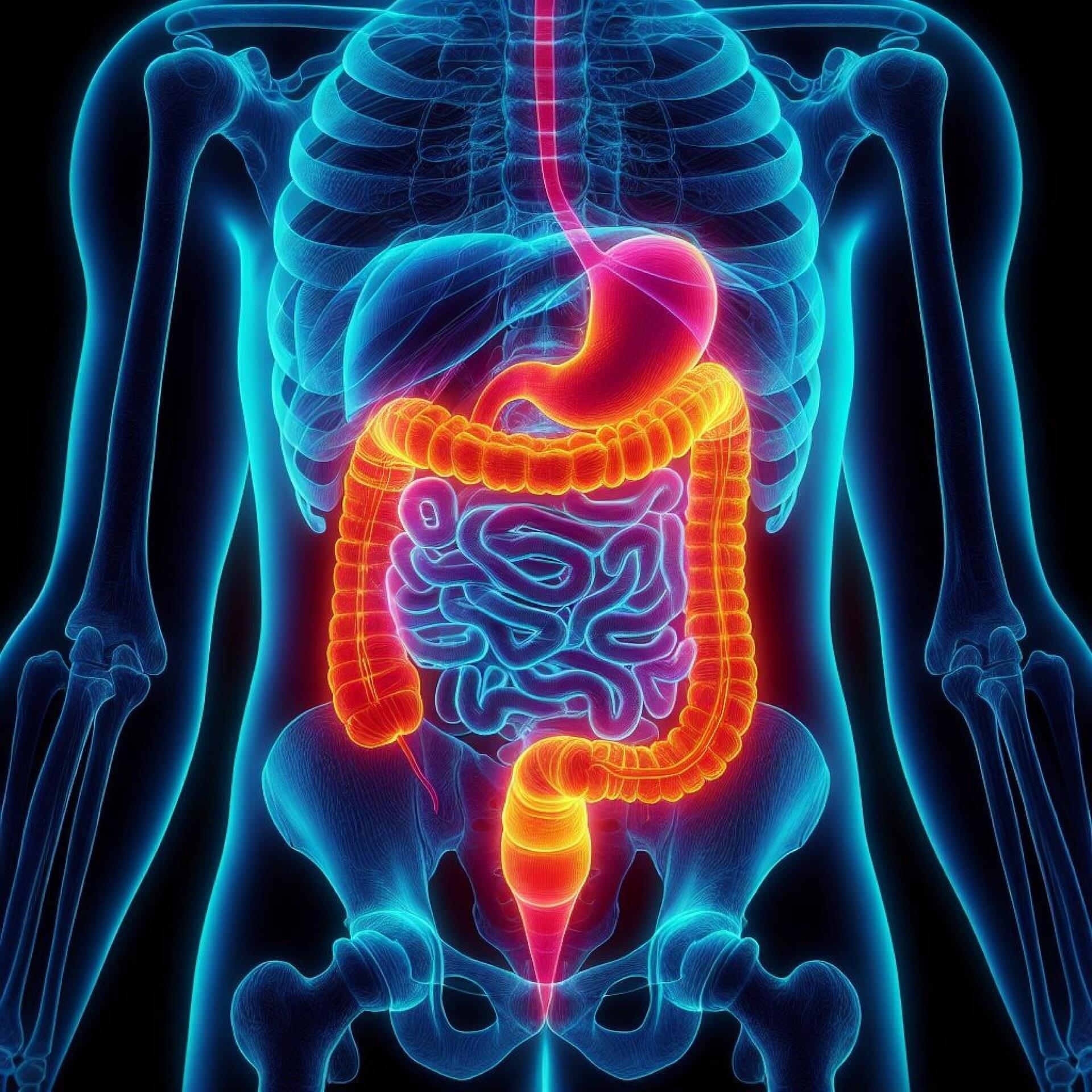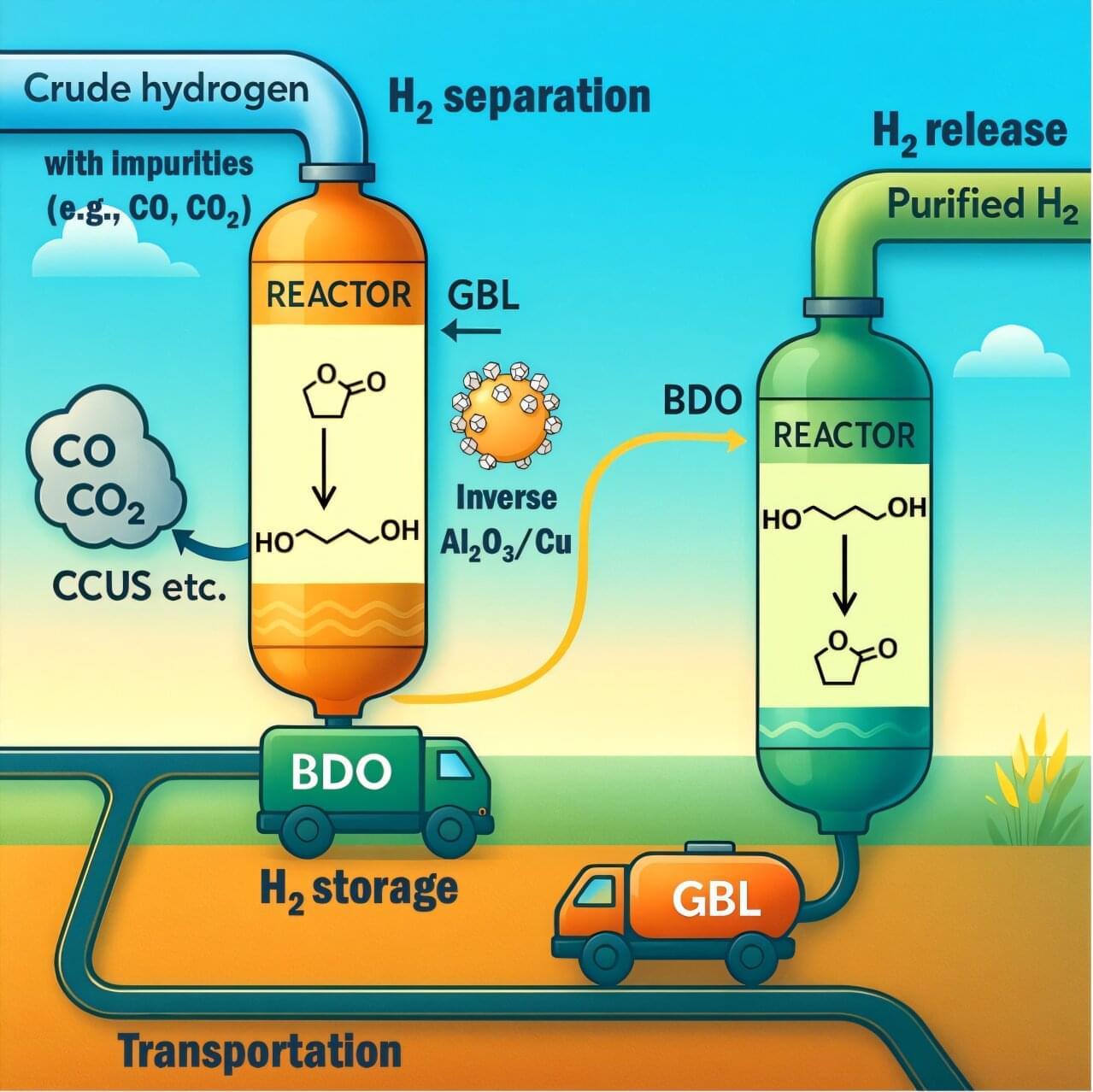Today, China dominates the processing of rare earth elements, refining around 60 percent of those materials for the world. With demand for such materials forecasted to skyrocket, the Biden administration has said the situation poses national and economic security threats.
Substantial quantities of rare earth metals are sitting unused in the United States and many other parts of the world today. The catch is they’re mixed with vast quantities of toxic mining waste.
Phoenix Tailings is scaling up a process for harvesting materials, including rare earth metals and nickel, from mining waste. The company uses water and recyclable solvents to collect oxidized metal, then puts the metal into a heated molten salt mixture and applies electricity.









